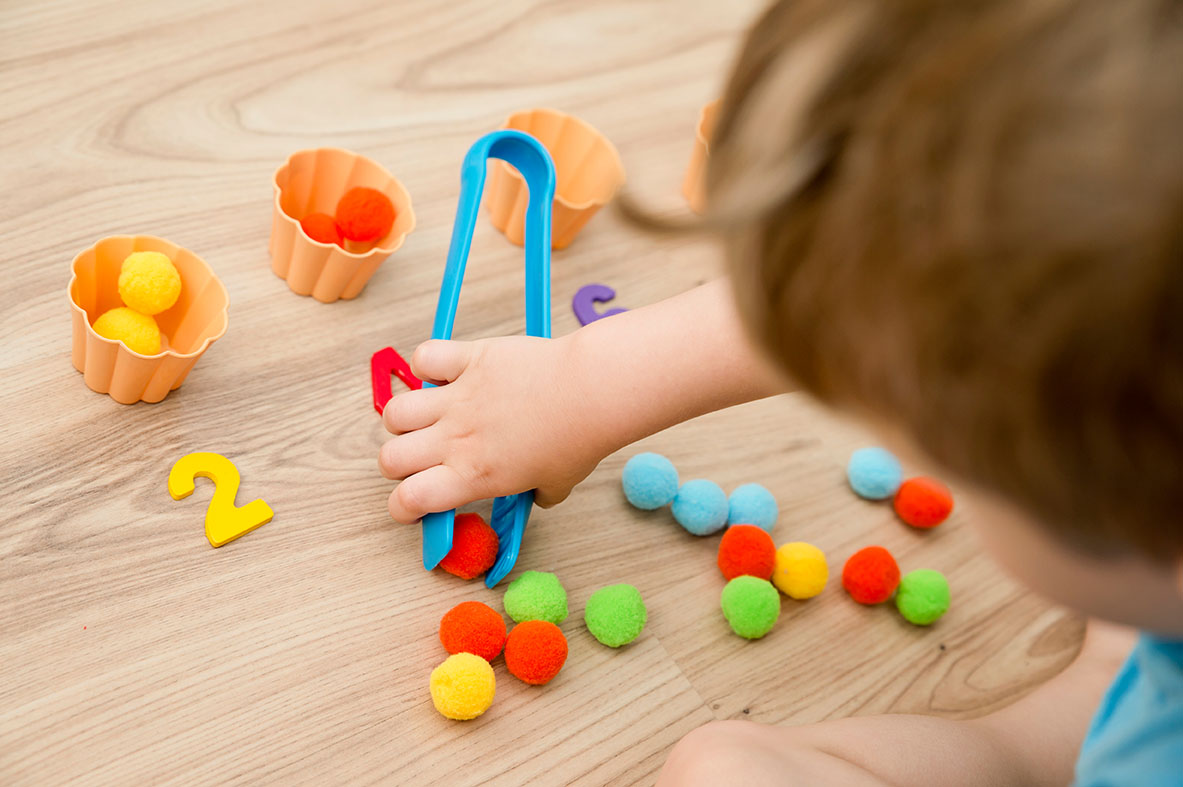

Motor skills are the ability to control and coordinate the movements of your body. They are essential for everyday activities, such as walking, running, eating, and dressing.
Motor skills are developed through a combination of genetics and experience. Some people are naturally more coordinated than others, but everyone can improve their motor skills with practice.
There are many different types of motor skills, including:
Motor skills are important for many aspects of life. They allow us to interact with our environment, to learn new things, and to express ourselves. By developing our motor skills, we can improve our quality of life and our ability to participate in activities we enjoy.
The athlete has excellent motor skills, which allows him to perform complex movements with ease.

Noun: The ability to control the movements of one's body.
Adjective: Relating to motor skills.
Verb: To develop motor skills.
The word "motor skills" is a compound word that is made up of the words "motor" and "skills." The word "motor" comes from the Latin word "mōtor," which means "mover." The word "skills" comes from the Old English word "scyld," which means "ability.".
The word "motor skills" was first used in English in the early 1900s to describe the abilities to control the movements of one's body. The word is now used to refer to a wide range of abilities, including gross motor skills (large muscle movements), fine motor skills (small muscle movements), and perceptual motor skills (the ability to use vision and touch to guide movement).
What are motor skills?
Question:
Explain the concept of motor skills and discuss the importance of developing them during adolescence. Provide examples of fine and gross motor skills and their significance.
Answer:
Motor skills encompass the coordinated movements of muscles and limbs to achieve specific tasks. They are categorized into fine motor skills, which involve intricate and precise movements, and gross motor skills, which involve larger muscle groups for more general movements. Developing these skills during adolescence is crucial for overall physical and cognitive development.
Fine motor skills are vital for tasks requiring dexterity and precision, such as writing, drawing, or using small tools. These skills are essential for academic and artistic pursuits. For example, holding a pencil, typing on a keyboard, or playing a musical instrument requires well-developed fine motor skills.
Gross motor skills involve larger muscle groups and are essential for activities that demand physical coordination and strength. Examples include running, jumping, throwing a ball, or riding a bike. These skills contribute to overall fitness and sports participation, promoting a healthy lifestyle.
During adolescence, the brain's neural connections undergo refinement, enhancing motor skill development. Engaging in activities that challenge both fine and gross motor skills can lead to improved hand-eye coordination, balance, and spatial awareness. This development not only contributes to physical prowess but also supports cognitive functions like problem-solving and attention to detail.